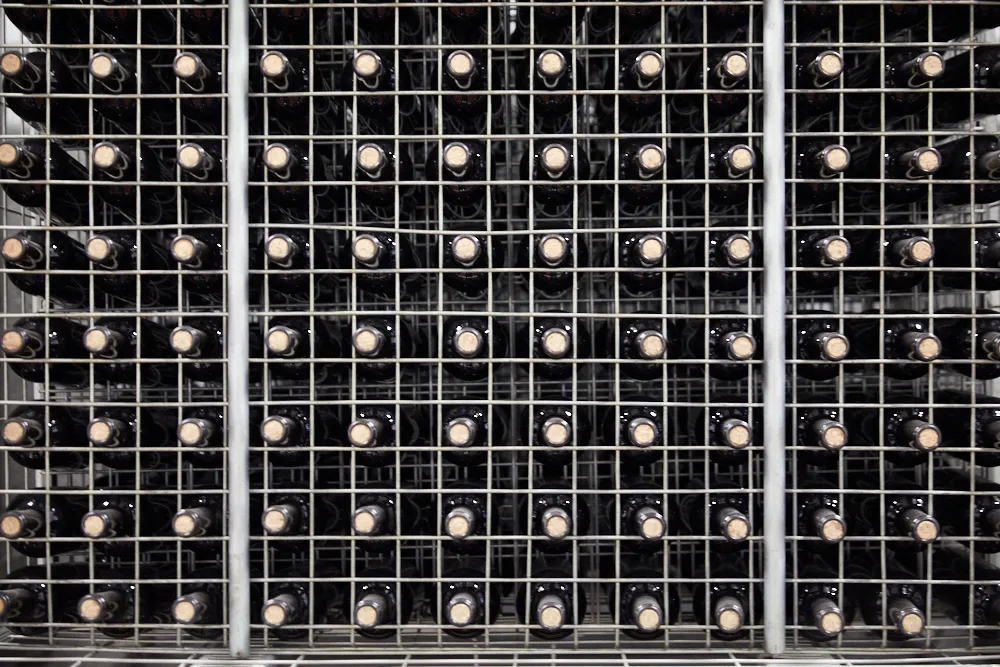
Natural Wines in Greece: The Debate
By Evmorfia Kostaki
This past Friday, November 27th, was the beginning of a "formal" discussion on Natural Wines in Greece. The motive was given by the zoom debate organized and hosted by Yiannis Karakasis MW. Four panelists were invited, each with different personalities and backgrounds: Panagiotis Papagiannopoulos (Tetramythos winery), Yiannis Paraskevopoulos (Gaia wines), Dimitris Georgas (Georgas winery) and Dionysios Grevenitis (DNS Wines).
Subscribe to Continue Reading
This premium blog post is restricted. Subscribe to get access to all blog posts and unlock our complete library of Greek wines, varieties, and expert insights.
- Email updates (1–2 / month)
- Access to free posts
- Special subscription offers
Aficionado
For enthusiasts and trade professionals who want full article access
Subscribe Now- Full access to all subscriber-only posts
- Full access to wine reviews and grape varieties sections
- Executive summaries for major features/reports
- Reliable, focused information on Greek wine, in an international voice
Aficionado Premium
For advanced readers, sommeliers & buyers needing deep documentation
Go Premium- Everything in Aficionado, plus:
- Full access to all Reports (6 to date)
- Access to approximately two new reports per year
- Executive summaries for major features/reports
- Reliable, focused information on Greek wine, in an international voice
Professional
For importers, retailers, restaurants, producers, and trade press
Get Professional- Everything in Aficionado Premium, plus:
- Publication rights for reviews and short tasting notes (up to 50 words)
- Article excerpt rights (up to 120 words, up to 3 excerpts/month)
- Priority support (email) for usage/attribution questions
- Mandatory attribution required with active link where possible
Already have an account?
Sign in here